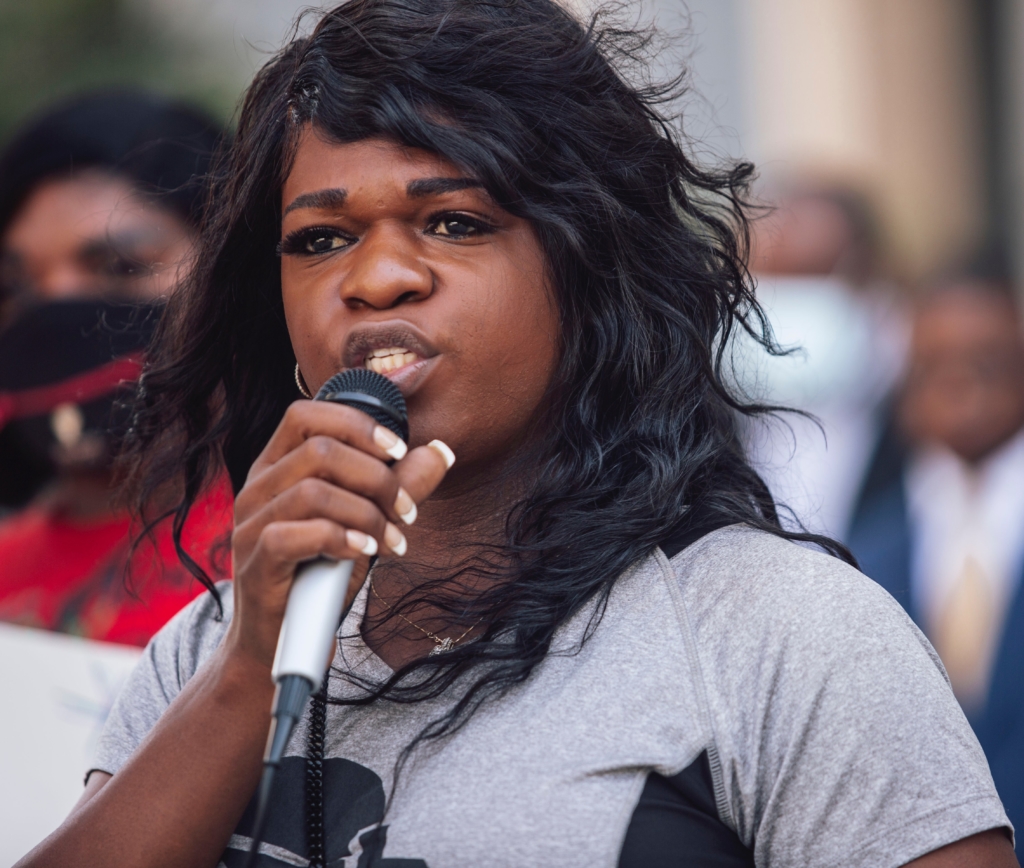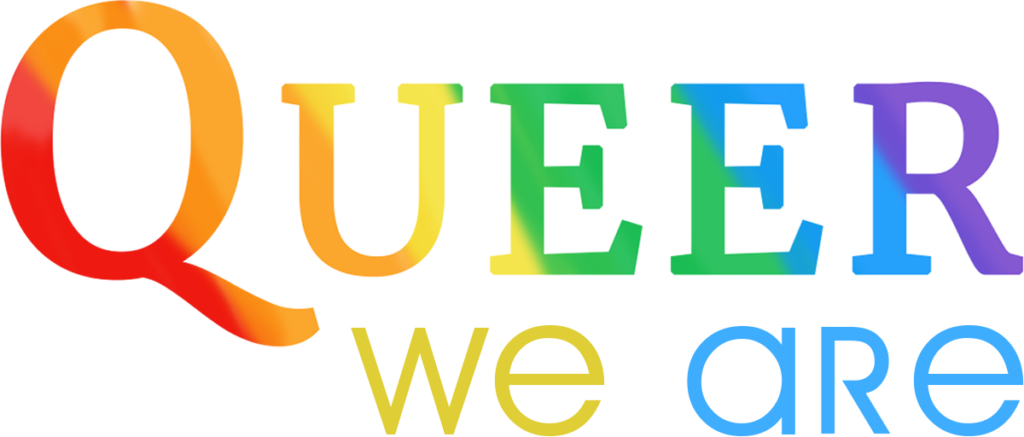Cator Sparks has an amazing background in the fashion industry and as a journalist. He shares his story about the life changing events that led him to become a life coach for men who helps them find their purpose, passion and power.
Brad and Cator also discuss what you can expect from a life coach and what you should not expect a life coach to be.
More Below
Introduction
Many people who go through tough times may find it hard to believe that they could someday be in the national spotlight for doing something great. But that is exactly what happened to Kayla Gore, founder of My Sister’s House in Memphis, Tennessee. This organization provides emergency housing for trans and gender non-conforming people, and has gained national attention, being featured in Forbes Magazine, CBS This Morning, and a National Geographic documentary hosted by Gal Godot. In this blog post, we’ll discuss Kayla’s journey and her efforts to build 20 tiny homes to give trans women in need permanent homes of their own.
Kayla’s Journey
Growing up in Memphis, Tennessee, Kayla’s dream was to work for a non-profit organization that made a difference. She realized early on that she was a woman, but in a society that didn’t accept differences, she was unable to openly express herself. It was only later in her adulthood that she started to see examples of what it meant to be trans and was able to transition. However, transitioning wasn’t easy for her, especially socially and economically. Despite the challenges, Kayla worked hard to build a life for herself, eventually working for My Sister’s House and then starting her own organization. Today, she works tirelessly to provide resources and services to trans individuals in need, including hot meals, transitional housing, and permanent housing through the tiny house project.
My Sistah’s House
Memphis faces a serious lack of emergency housing: In 2016, there were only 71 beds available in emergency shelters across the metro area—and none of them were designated as trans-specific. Many of them actively discriminate against transgender people.
My Sister’s House is an organization that provides emergency housing for trans and gender non-conforming people of color. They also offer hot meals every Thursday and a transitional housing program that started in February 2021. The tiny house project is one of the most significant and ambitious projects undertaken by the organization. It aims to provide permanent homes to trans women in need by building 20 tiny homes. The project has been a long time in the making, with construction delays and other challenges, but Kayla remains committed to the cause. She believes that everyone deserves a home and a sense of belonging, and she is doing everything in her power to make that a reality for trans women in need.
Conclusion
Kayla Gore’s journey is a testament to the power of resilience and determination. Despite facing numerous challenges, she was able to build a life for herself and start an organization that provides critical resources and services to trans individuals in need. The tiny house project is just one of the many ways in which Kayla is making a difference in the lives of others. The project will provide permanent homes to trans women in need, offering them a sense of belonging and stability that they may not have had before. Kayla’s work is an inspiration to us all, and a reminder that we can make a difference in the world if we are willing to put in the effort.
If you’re interested in supporting My Sister’s House and the tiny house project, there are several ways you can help. You can make a donation through their website, volunteer your time and skills, or spread the word about the organization and its mission. Every little bit helps, and together we can make a difference in the lives of trans individuals in need.
The Trans Justice Funding Project
The Trans Justice Funding Project is a community-led funding initiative founded in 2012 to support grassroots, trans justice groups run by and for trans people in the United States, including U.S. territories.
They make grants annually by bringing together a panel of six trans justice activists from around the country to carefully review every application they receive. They center the leadership of trans people organizing around their experiences with racism, economic injustice, transmisogyny, ableism, immigration, incarceration, and other intersecting oppressions.
Every penny they raise goes to our grantees with no restrictions and no strings attached because they truly believe in trans leadership.
What They Fund
The Trans Justice Funding Project funds grassroots trans-led groups organizing and fighting for trans justice in the U.S. and U.S. Territories.
For TJFP, this work can look a lot of different ways and it’s important that the trans communities name what is needed for their local community–whatever that may look like. And they understand that it can look different in every single place across the country.
They fund groups for and by the trans communities.
Over the years, They’ve moved money to trans leaders dreaming up solutions for their people. TJFP grantees are organizing online community organizing trainings and support groups, providing guidance on trans health and wellness, or legal support for undocumented communities. TJFP grantees are putting together mutual aid projects, clothing and food pantries, organizing film and art festivals while changing culture, they’re providing spaces for healing and housing, organizing carpools to and from doctor appointments and bail funds, or one time direct actions, and so much more! For more examples of groups and projects we’ve funded, you can check out their digital map and list on their website.
They fund groups and projects that are well established or newly forming. Some groups that they fund have more of a formal structure with a 501c3 or fiscal sponsorship. And over half of the groups they fund each year are not incorporated and do not have nonprofit status or a fiscal sponsor.
They prioritize funding groups and projects that are led and run by trans Black, Brown, Indiginious and People of Color (BIPOC).
We center the leadership of trans people organizing around their experiences with racism, economic injustice, transmisogyny, ableism, immigration, incarceration, and other intersecting oppressions.
Trusting and supporting trans leadership is at the heart of everything they do both internally and externally at TJFP.



